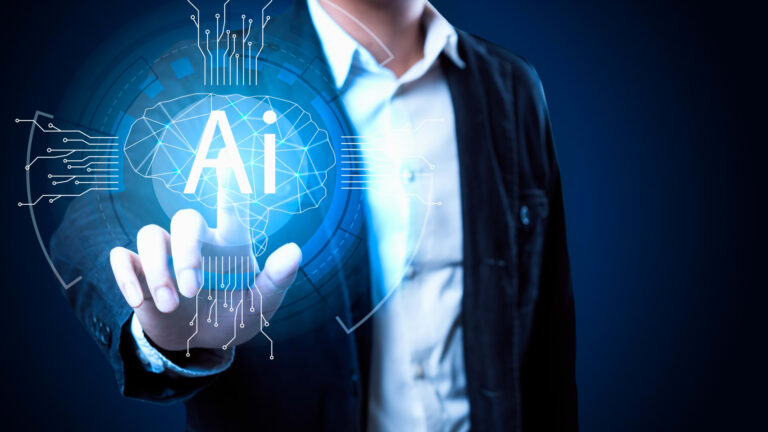According to Goldman Sachs, the stock market’s frenzy over artificial intelligence is increasingly out of touch with reality as adoption of the fast-growing technology is slower than expected. “Investor conversations are characterized by skepticism about the later stages of AI adoption,” Ryan Hammond of Goldman’s portfolio strategy research team said in a recent client note. “Even among investors who are long-term bullish on the potential benefits of AI adoption, there appears to be a fair amount of uncertainty about the timeline.” Only 5% of U.S. companies use generative AI to produce goods or services, according to Goldman’s AI Adoption Tracker. Goldman noted that many AI-related software companies issued disappointing guidance during the past earnings season, sparking a major sell-off. Goldman has broken down AI trading into four stages. The first stage revolves solely around Nvidia. The second stage focuses on companies that build and maintain AI-related infrastructure, including other chipmakers and cloud providers.In Phase 3, home to these software providers, companies are encouraged to incorporate AI tools to increase revenue, while in Phase 4, companies begin to realize productivity gains from adopting AI. Phase 1: Nvidia Phase 2: Infrastructure Phase 3: Enabled Revenue Phase 4: Productivity While the average stock involved in building AI infrastructure (Phase 2) has risen 26% this year, Phase 3 stocks have seen a sharp pullback recently, dropping an average of 19% between February and May, Goldman said. “Investors are increasingly concerned about the possibility of ‘overinvestment’ in AI, especially among hyperscalers,” Hammond said. Relative to cash flow, technology, media and communications, capital expenditures and research and development are “well below tech bubble levels.” AI has dominated the market since ChatGPT’s introduction in late 2022, sparking a buying frenzy on Wall Street and briefly propelling Nvidia’s market cap to more than $3 trillion. ChatGPT, a chatbot that can accept text input from users and respond with human-like responses, quickly became a global sensation and the fastest-growing software of all time. Wall Street investment banks said the upcoming second-quarter earnings season will be the next big test of the AI industry’s durability and may be key to investor optimism. Goldman said investors should keep an eye on revenue estimate revisions for AI-related companies.


